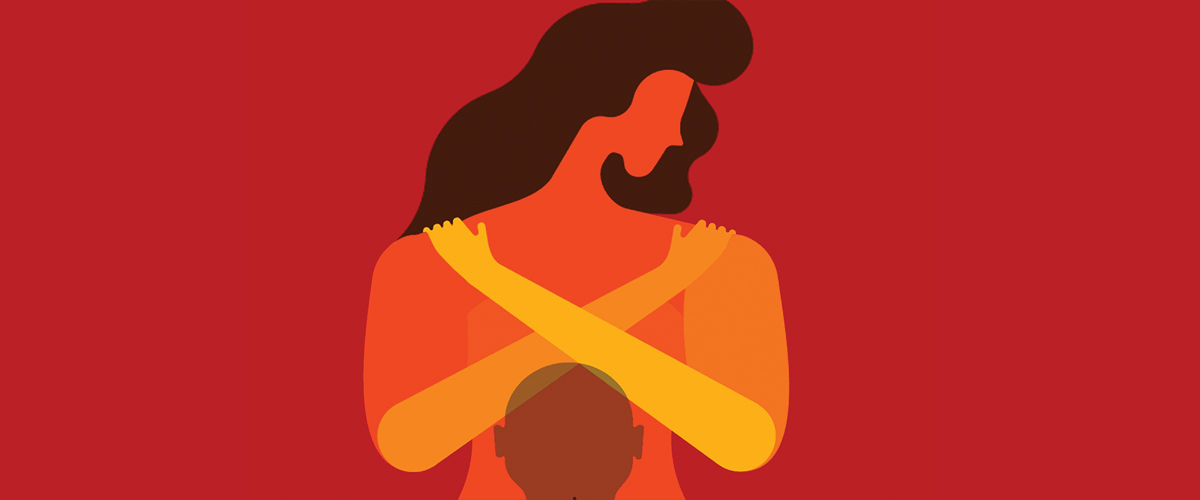Lambeth marks the International Day for the Elimination of Violence Against Women on Sunday 25 November 2018. The day aims to raise awareness of the fact that women in Lambeth and around the world are disproportionately subject to sexual violence, Female Genital Mutilation (FGM), domestic violence and other forms of violence.
Lambeth Council’s and its partners are committed to making Lambeth a borough in which residents don’t have to be fearful of, or experience, gender based violence. Ending violence against women and girls is one of our key priorities; with work focusing on preventing violence from happening in the first place, providing appropriate support and protection to victims and prosecuting and holding perpetrators to account, when violence does happen.
What is Violence Against Women and Girls?
Lambeth Council defines violence against women and girls (VAWG) as “any act of violence that is directed at a woman because she is a woman, or acts of violence which are suffered disproportionally by women”, this includes domestic violence which disproportionately impacts women and girls. Our approach to VAWG is outlined in our Safer Lambeth VAWG Strategy which shows how our priorities are being addressed.
Support for victims
Lambeth Council commissions the Gaia Centre, the first integrated VAWG centre in the UK. They provide a one-to-one confidential and bespoke support service for females aged 13+ and males aged 16+ who live in Lambeth and who have experienced or who may be at risk of gender based violence. Gaia is free and staffed by female members of staff only. Child care provision is available.
Victims can self-refer by calling 0207 733 8724 or emailing lambethvawg@refuge.org.uk. The centre is open 8am to 6pm Monday to Friday with an out-of-hours 24 hour on-call service.
If someone is in immediate danger, always advise them to call the police on 999.
The Multi Agency Risk Assessment Conference (MARAC), bringing agencies together to share information and create safety plans for victims who are at high risk of homicide or serious injury as a result of domestic abuse. The Lambeth Prostitution Group (LPG) provides the same function for those involved in prostitution in Lambeth who are at high risk of harm. Professionals can refer to the Lambeth MARAC or LPG by contacting lambethmarac@lambeth.gov.uk
Risk assessment
The Lambeth Safeguarding Adults Board is committed to improving professional responses to domestic abuse and promotion of the SafeLives DASH RIC assessment tool. Lambeth Adult Social Care (ASC) have recently updated their domestic abuse policy and have conducted training sessions for staff in partnership with the VAWG Team. In order to encourage ASC colleagues to assess risk in relation to domestic abuse, the Safe Lives DASH RIC has been embedded within safeguarding forms in Mosaic (ASC database) since October 2017. Further developments by the end of 2018 will provide access to the SafeLives DASH RIC assessment and Lambeth MARAC referral form in Mosaic, for work with clients where the Safeguarding Adults Threshold has not been met.
Training
Lambeth Council, and its partners, provides a range of free training on all areas of VAWG to professionals working with Lambeth residents who are at risk of, or are experiencing gender based violence. We also offer bespoke training to agencies on an outreach basis to ensure the sessions are relevant to particular client groups. If you are a professional interested in training please contact the VAWG Senior workstream lead Ella Pollock: Epollock2@lambeth.gov.uk



